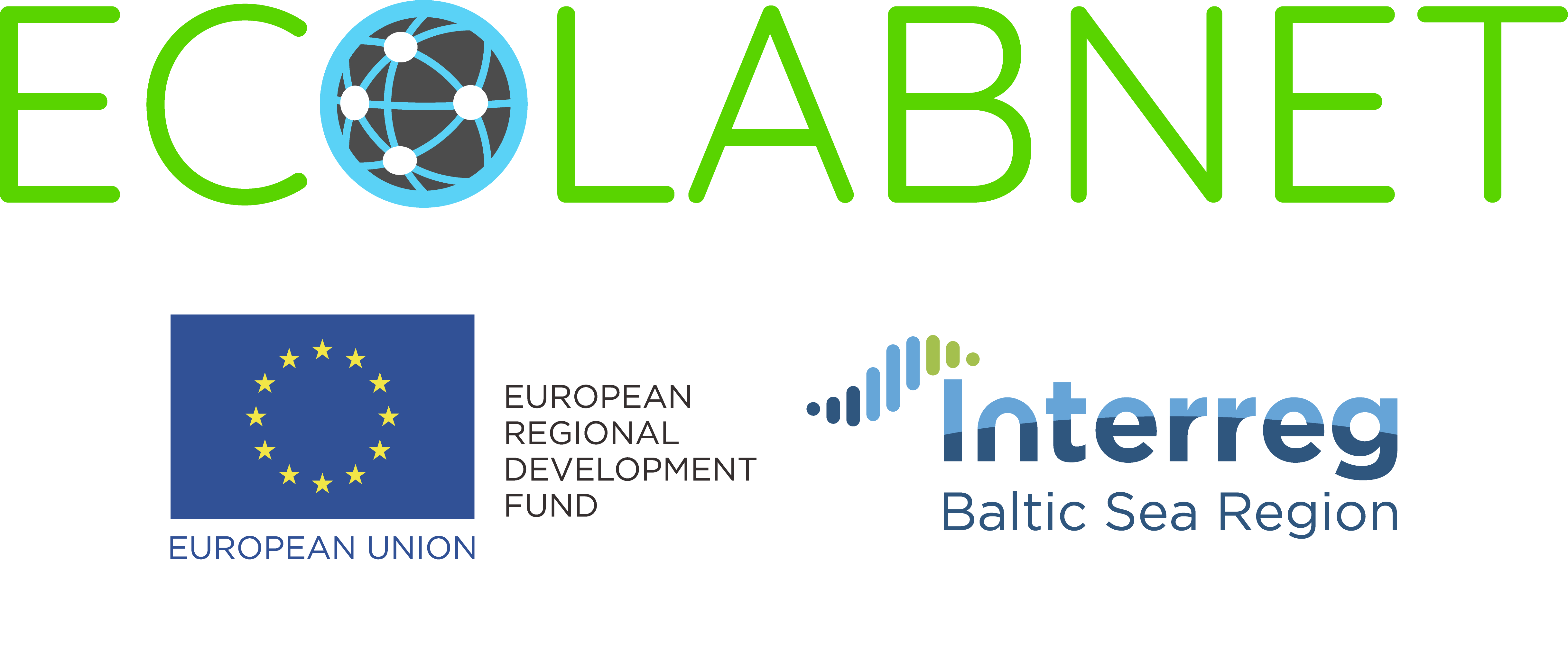

Writer: Nigel Claridge | Head of EU funding | Sustainable innovation
Sustainable Innovation is a hub for the market upscaling of sustainable innovations in the areas of energy and resource efficiency. we focus on innovative and market-oriented solutions. We are driven by the practical development, demonstration and scaling up of solutions in national and international markets. Our strength lies primarily in that we are independent, our ability to bring together different market stakeholders in demonstration, procurement and upscaling projects, our extensive network to form broad consortia, and our many years of experience financing/seeking public funding.
We are a Swedish non-profit organization contributing to a sustainable future through the triple helix model of collaboration. Founded in 2008, we have established a unique experience and know-how taking sustainable solutions from innovation to full-scale implementation. Our focus is on market-close and innovative solutions in construction, mobility and energy systems, both nationally and internationally, and with the ambition to affect profound social change and make the climate, business, and life in general more sustainable.
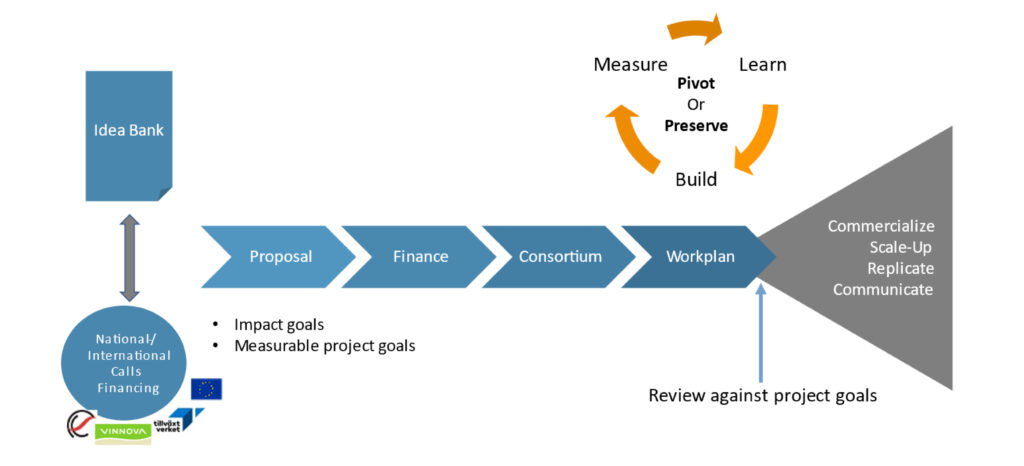
The diagram above outlines the approach process we apply to achieve marketability when initiating and taking the lead in both technical and non-technical demonstration situations and when supporting “ecopreneurs” to scale up their operations.
Our structured approach to sustainable innovation, our broad collaboration network for scale-up and export and our long experience to secure financing and funding are key issues that attract the majority of SMEs we assist.
The strategy is to support promising and ambitious solutions to avoid the infamous “valley of death”, that is, the gap between development and commercialization. To achieve this, we create demonstration platforms in collaboration with an extensive network of decision-makers from industry, academia and the public sector. The structural capital we have built up over time includes service offerings, work processes as well as tools and support systems to aid innovative companies achieve market and indeed, export success.
The “Road to Innovation” is illustrated on the diagram below. The process requires SME:s with bold ideas and strong ambitions not just for national but also international markets. Our selection process is rigorous, and companies need to demonstrate an ambition and ability to scale-up and export.
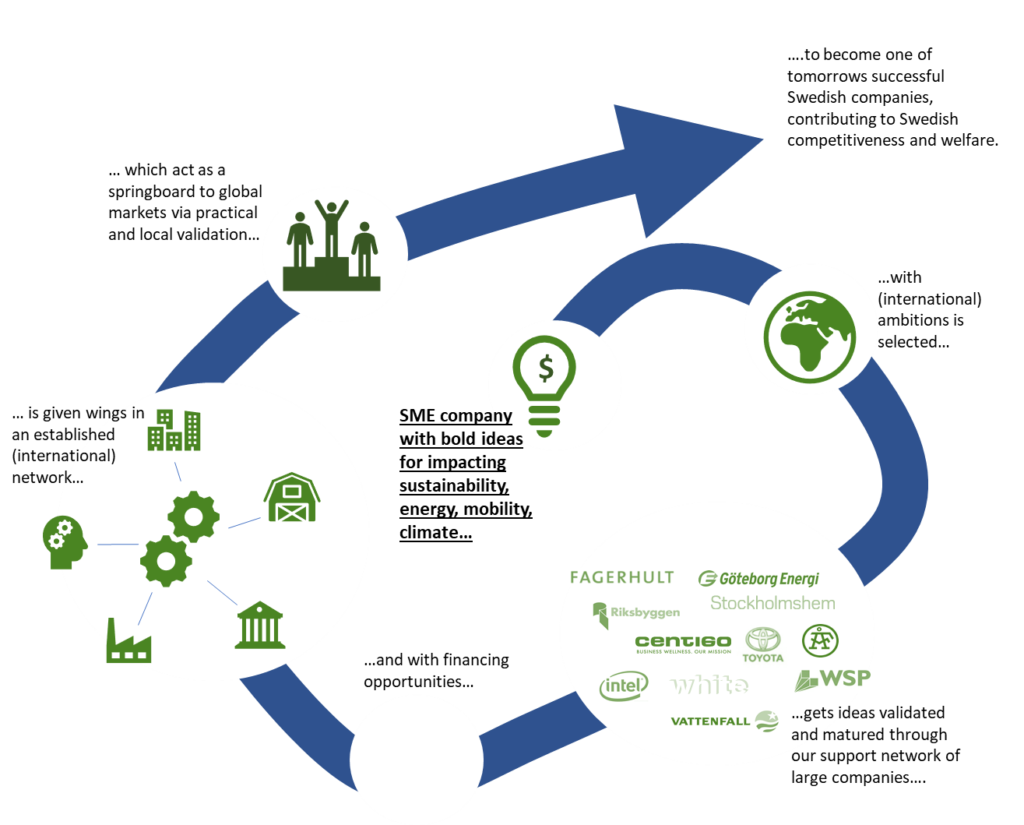
Our service portfolio to support this journey is divided into five main component areas, the purpose of which is primarily to create clarity for SMEs.
1. “Partner Network”, Business Partners and flexible business processes to help contractors / SME management to navigate effectively in the relatively large supply of often uncoordinated public “promotion organizations” and public / private skills and capital resources.
2. “Business Bridges”, Investing effort in strategic long-term collaborations with existing competences and capital resources in selected national/international markets.
3. “Solution Network”, Contributing to entrepreneurs/SME management so that they may complete and verify/validate their new innovations products components in Swedish test & demo sites.
4. “Smart Financing”, Creating a systematic structure to make financing solutions in the form of equity capital contributions, loans and soft funds to SMEs more accessible.
5. “Smart Production”, Matching SMEs needs with Swedish production partners when “outsourcing” to other markets to overcome any challenges and problems.
While all five services are important, each case requires its own analysis to determine client priorities and which of the services are most relevant. Selected clients are not obliged to embrace all and our experience is that funding and networking are often the most sought after.
Of course, an environmental impact is a key criterion. In this way, we can take ideas from prototype to reality, through to demonstration, validation, scalability and replicability. Our experience, this is good practice and an effective way to concretize solutions that contribute to achieving the climate goals and realise a sustainable future. Two case studies are presented below to illustrate how we have worked with companies and what results have been achieved.
SPOWDI – replacing traditional agricultural diesel pumps with a solar-powered pump
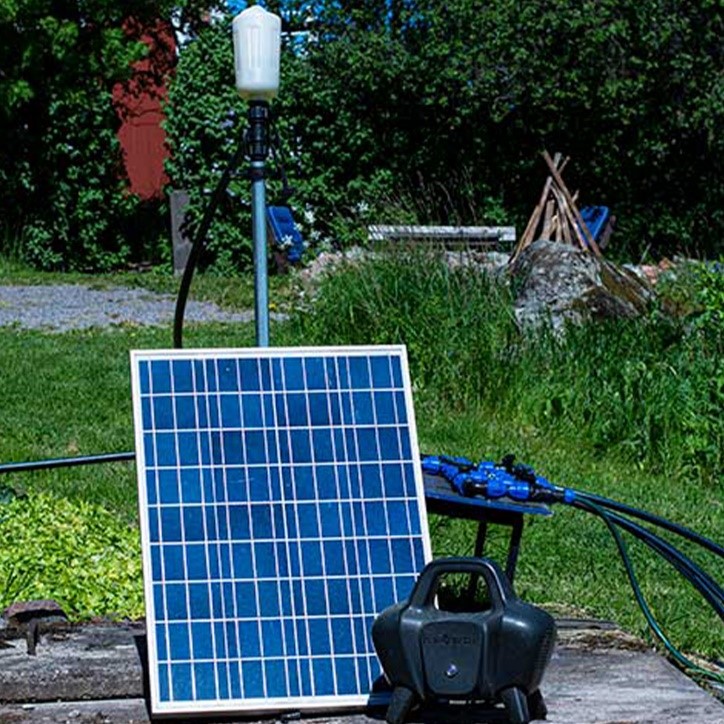
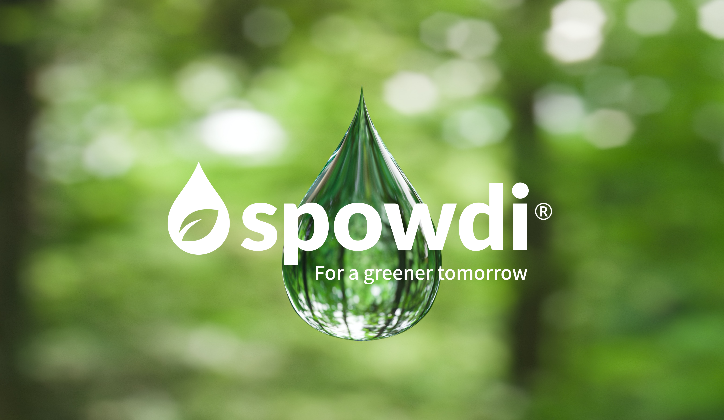
There are approximately 500 million so-called one-acre farmers in the world. Roughly 20% of these farmers use mechanized diesel-powered irrigation. Many of these pumps are moved from farm to farm and run continuously. Each pump uses more than 200 litres of diesel each year resulting in 700 kg of CO2 per pump per year being released into the environment.
The Spowdi system is an environmentally friendly and energy-efficient solution for water distribution and resilient food production. Organic production also contributes to maintaining sustainable agriculture with the use of renewable energy sources. The water distribution system reduces CO2 emissions by replacing traditional agricultural diesel pumps with a solar-powered pump. For each replaced diesel pump, approximately 1 tonne of CO2 is saved per pump and year. In India, which is Spowdi’s first target market, there are about 126 million one-acre farmers and around the world there are an estimated half a billion small producers. The potential CO2 reduction is huge.
Through services, in particular “financing” and “partner networks”, Sustainable innovation were able to assist Spowdi ascertain secure capital (about SEK 2.5 million) to complete the development and testing of its product, and also to create an assembly plant and demo farm in Bengaluru, India. Subsequently, this led to a demonstration site being constructed in Malaga, Spain for the Mediterranean markets.
Production of at least 500 pumps will result in reduced CO2 emissions of just under 500 tonnes per annum. In the short term, annual CO2 emission reduction could be in the tens of thousands of tonnes, and in the long term after scale-up, there is a potential CO2 emission reduction of hundreds of thousands of tonnes.
Strana – Orust eBoats AB – an electric boat concept
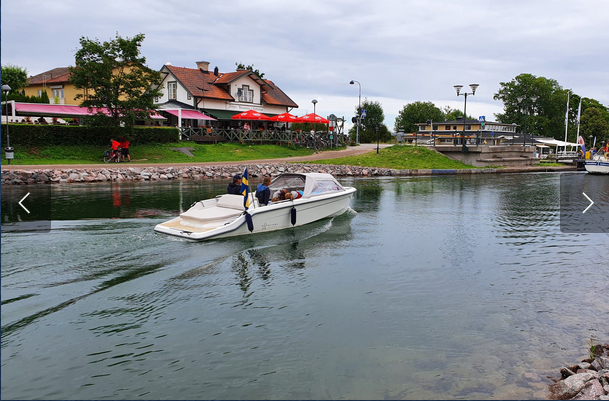
Strana is not only an electric boat concept but also purports to be part of the energy system where batteries may be used as energy storage and for frequency trading in the electricity grid. The business model is based on the customer owning the boat but not the battery, which leads to a sharp increase in availability through lower prices. The potential is significant given the importance of sustainability in the maritime sector in Sweden with its 1 million leisure boats, and also in Norway and Finland.
Electrified power trains have a huge environmental impact on CO2 emission reduction. Based on our services, Strana received support for both financing, production work and communication awareness activities to inform Nordic markets, as follows: Export feasibility study supporting decision to proceed with export launch, product launch in Sweden but also for export to international markets, business plan development for national/international markets, securing funding and financing opportunities.
The short-term results from Norway and Sweden are for two types of company; direct sales and for boat pools with co-ownership or rental. This has resulted in requests for quotation for at least 100 boats, and a further 160 people have booked via the website to buy; a total of 353 electric boats with a sales value of approximately SEK 317 million and the CO2 savings of 3,000 tonnes of CO2 per year. In the long term, enquiries have been received from England and Holland, and a broad international export investment with a Nordic profile for the US, Germany and Asian markets is being planned.
Ecolabnet is about eco-Innovation in SME manufacturing and providing a support infrastructure and collaborative working practice, such as knowledge in additive manufacturing, bio-based materials, product-service system design, eco-branding, value chain assessment, business model development, legislation, customer insights, certifications and life cycle assessment. Our work and experience at Sustainable innovation would support the next phase in this process, where SMEs have ambition and ability to scale up and move to new markets both national and international.
